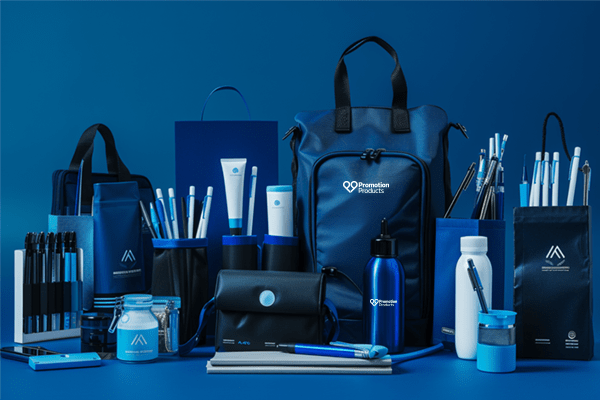Coke’s Olympics decision comes as sponsors face scrutiny amid criticism about China’s track record on human rights, including its treatment of the Uyghurs, a Muslim minority group. The situation has led other sponsors to take a low-key approach to Olympics marketing, said sponsorship expert Jim Andrews, CEO of A-Mark Partnership Strategies. Earlier this month he surveyed the websites and other digital properties of major sponsors including Coca-Cola, Airbnb, Intel, Procter & Gamble and Visa, and found virtually nothing on the Olympics.
“Anything that I have seen has been infinitesimal with what we are used to seeing,” he said. “There is just really no hype whatsoever coming from the sponsors.”
“It’s a combination of the fact that the games are in China coupled with everything that COVID has meant to the Olympics in terms of limiting fan participation, the condensing of the calendar so we are only a few months since the last games in Tokyo,” he said. “It’s kind of a perfect storm of bad things that have happened.”
For Coke, it is not unprecedented to take a lower profile in the Winter Games, compared with the Summer Games, during which the company almost always goes big. But its winter TV absence this year is still notable, and is indicative of the challenges NBC is facing as it attempts to stir ad interest in an event that has been severely affected by COVID and the human rights issues. Business Insider today reported that NBCUniversal is slashing its TV ratings guarantees for the event, citing unnamed media buyers. NBC has not publicly commented on its ad-selling efforts.
NBC has much more robust demand for Super Bowl ads, with the network characterizing the inventory as “virtually sold out.”
See which brands are buying ads in Super Bowl 2022.
Up until last year, when Coke also bypassed advertising during the game or in the pregame, Coca-Cola Co. had run an ad in the game every year since 2006, except for 2019, when it opted to run a pregame spot. This year’s decision comes as the brand’s marketing remains in a transitional phase as it adapts to a new spending and agency model. In November it hired WPP to handle the majority of its creative, media, data and marketing technology business spanning more than 200 countries.
The company has also shifted to a so-called “network model” in which creative briefs are led globally with input from individual market leaders who adjust the work where appropriate to ensure it is functional on a country-by-country basis. Traditionally, Super Bowl ads had been entirely driven by Coca-Cola’s North American marketing team.
But there could be other factors at play for Coke beyond the structural changes, including its product priorities, suggests Duane Stanford, who keeps a close eye on the company as editor and publisher of trade magazine Beverage Digest. Brands often use Super Bowl ads to plug new products—for Coke’s last appearance in 2020, it advertised its then-new energy drink (which was later discontinued in the U.S.) But lately, “they don’t seem to be focusing as much on these big splashy innovation plays,” Stanford said.
Coke must also contend with the reality that its primary competitor, Pepsi, consumes a lot of Super Bowl airtime with its sponsorship of the halftime show; it is also an official NFL sponsor and holds multiple team sponsorships, which gives it the rights to use league trademarks.
Coke “can’t even call it the Super Bowl, they have to call it the Big Game, and things like that,” Stanford said.









